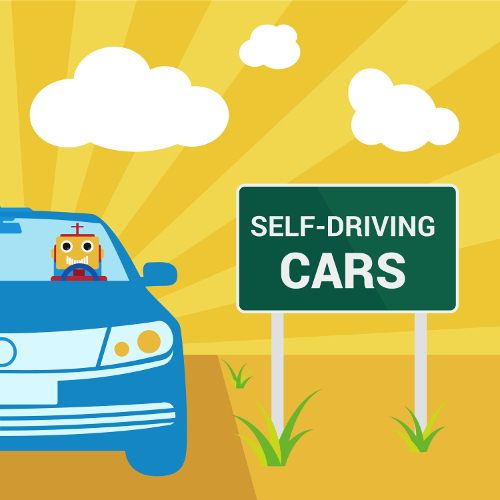The Government has launched a consultation on changes to insurance rules and motoring regulations as it pursues its plans to allow driverless cars to take to the streets by 2020.
A consultation document issued from the Department for Transport and the Department for Business, Innovation & Skills warns that determining liability in the event of a collision where the driver has activated the automated vehicle technology and “disengaged from the driving task” could prove to be “complex and time-consuming”.
It adds: “It is possible the fault could rest with the driver or with the manufacturer. This means there is a significant chance of potential increased friction between the different parties over who and what caused the collision, resulting in delays in compensation to victims … Without certainty of how claims will be handled, there is a risk of customer confusion, which could reduce the sale and use of automated vehicles.”
How Will Driverless Cars Affect The Insurance Industry?
Future insurance policies will look quite different from the ones we have today. The concern about determining liability for an accident will mean that in addition to the usual personal liability policy, future policies will also include product liability for when technology and software is in control of the vehicle.
Motorists using driverless cars may also have to insure themselves against the risk of hackers remotely stealing their vehicles or taking control of them and then demanding ransom payments.
Insurance companies have predicted that future motor insurance policies would have to reflect the risk cyber-criminals pose to self-driving cars. Insurers will need to adapt to a new range of risks presented by hackers. For example, potential claims could include cases where hackers break into and steal a vehicle remotely.
The increased quantity and availability of data could be beneficial in reducing fraudulent claims. Claimants will no longer be able to exaggerate and lie about the cause of an accident, reducing the amount insurers pay out unnecessarily on fraudulent claims and eliminating ‘crash-for-cash’ scams.
What Can Drivers Expect From A Driverless Car Policy?
Ultimately, you can expect some more bells and whistles on your insurance policies in order to cover the complex liability implications of driverless cars. However, there is a big potential upside…
There are over 1,700 fatalities and 180,000 other injuries resulting from car accidents in the UK a year and an estimated 90% of these are due to human error. Driverless cars have the potential to remove the human error element of risk and cause premiums to drop dramatically. This reduction in risk could cause third-party damage insurance to largely disappear and some estimates suggest that premiums could be reduced by as much as 75% as a result. Some of the predictions of savings are tremendous and entirely credible when you see that autonomous emergency braking systems alone produce reductions of 15% in accidents and 18% in related injuries.
However, with the need to protect against hackers and the complications of product liability, we may not save as much as it initially appears.
Driverless cars could have a dramatic effect on our road safety. Google’s redesigned Prius has already driven over 700,000 autonomous miles without a single accident. The health and safety benefits of driverless cars are clear, and with the government investing heavily in the technology, we can expect more and more changes to driving and insurance within the next 5 years.


